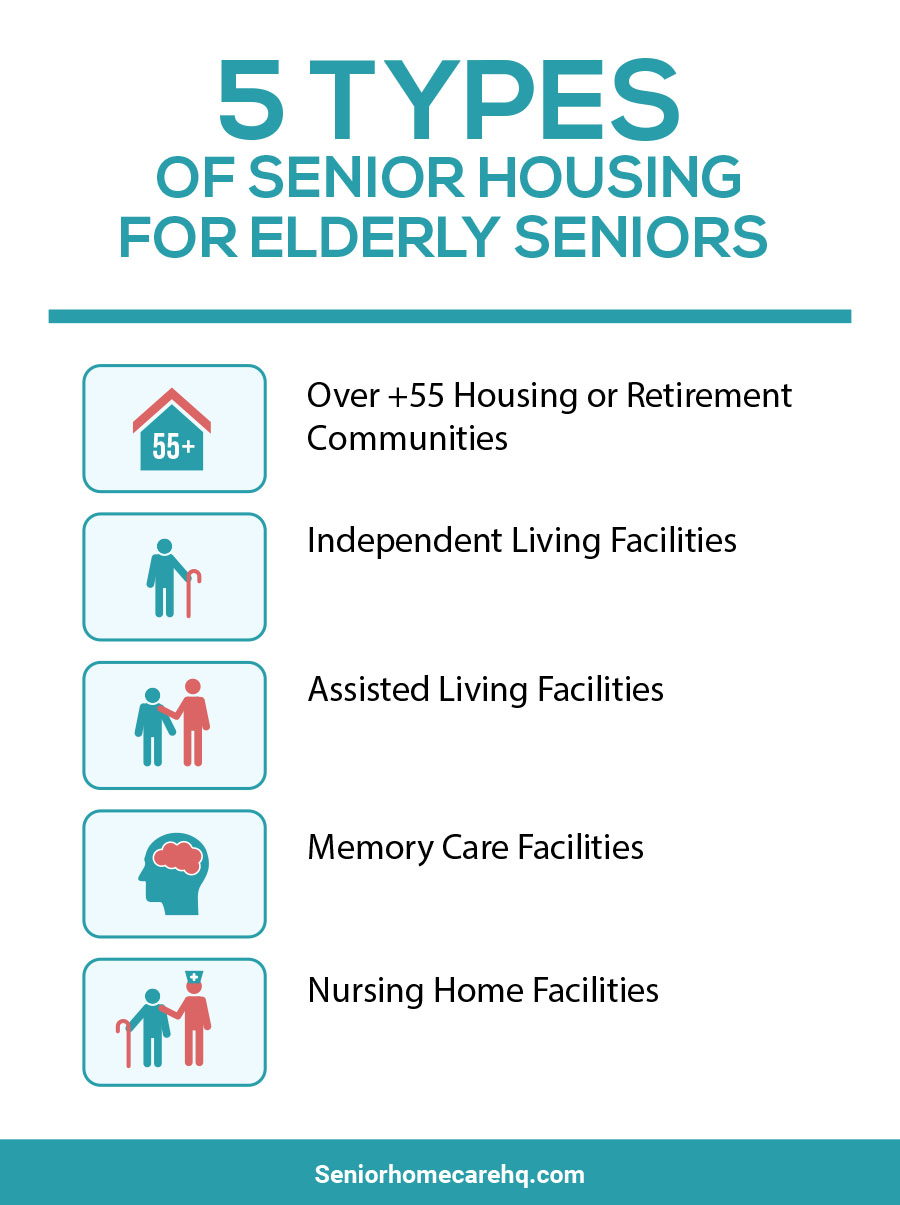
It may be worthwhile to hire an ombudsman if you have a concern about a long-term facility. Using this professional to address a complaint can be beneficial for both parties. Although all nursing homes have to have a grievance procedure, some residents might be afraid of being retaliated at by staff. However, the ombudsman is able to establish trust with residents and be a confidant. The ombudsman can be seen as impartial, which means that residents are more likely to trust him or her.
Responsibilities
The Long-Term Care Ombudsman is available to residents and the general public. He or she investigates complaints and works with nursing homes to implement changes. The ombudsman has the responsibility of empowering residents and their families to make informed decision. They can respond to resident complaints, promote transparency within the long-term-care industry, and educate residents about their needs.
The ombudsman is an independent, volunteer advocate who investigates complaints from residents and resolves them through professional mediation. He works with residents and staff to improve the care quality. He also provides hundreds of free consultations to long-term care facilities, which is why the job of the ombudsman is so important. The Ombudsman can help with complaints regarding admissions and transfers as well as discharges.

Funding
LTC Ombudsman Program includes residents of nursing homes, assisted-living facilities, and B&C houses. Its mission is to educate residents about their rights and to improve their living conditions. The ombudsman's bureau also trains staff in B&C and nursing homes on how they can handle complaints and improve the quality and care of residents. 70% of nursing homes were visited by ombudsmen on a quarterly or regular basis in 2013. These numbers have dropped from more than half of those in 2003.
Many organizations and groups have expressed concern at the lack of funding. Governor Christie announced that he would conduct a study on the state's long term care system. However, the bill does not discuss the funding level. Currently, only half of the state's 1,500 nursing homes and adult care facilities have Ombudsman staff. The Ombudsman program is the only state program that has a dedicated budget, but Governor Cuomo backed the program during his State of the State address. Sadly, New Yorkers continue to die in nursing homes.
You can visit frequency
Although long-term care ombudsmen often visit facilities, there is not a uniform standard for the frequency of visits. The national average of 85 complaints per 1,000 beds is close to 67, but the average in the District is closer at 67. There are between 14 and 743 complaints per thousand District of Columbia beds. The study also explored the relationship between commuter distance and complaint frequency. The lower visitation rates are consistent across states with the exception New York.
The state-level ombudsman program employs specially trained citizen volunteers, who spend approximately two to three hours each weekly advocating for residents. These volunteer ombudsmen report to the New York State Ombudsman Program and are responsible for helping residents in the communities they serve. They serve as a liaison between residents and facilities, and they provide information, advice, and support when residents need it.

Access via phone
Long-term care residents used to only be able to contact the Ombudsman via phone. This has changed. You can arrange in-person visits, but they may be delayed or reduced in severity in the case if there is an outbreak. For assistance, you can call or email Long-Term Care Ombudsman. However, keep in mind that you may have to wait two to three business days for a response.
The LTC residents are served by the state long-term caregiver ombudsman as an advocate and resource. This office assists residents in understanding their rights and how they can best be obtained. New York's State Office for the Aging houses the offices. NYSOFA says that there are approximately 1,500 LTC residents. The ombudsman assists these individuals in many ways.